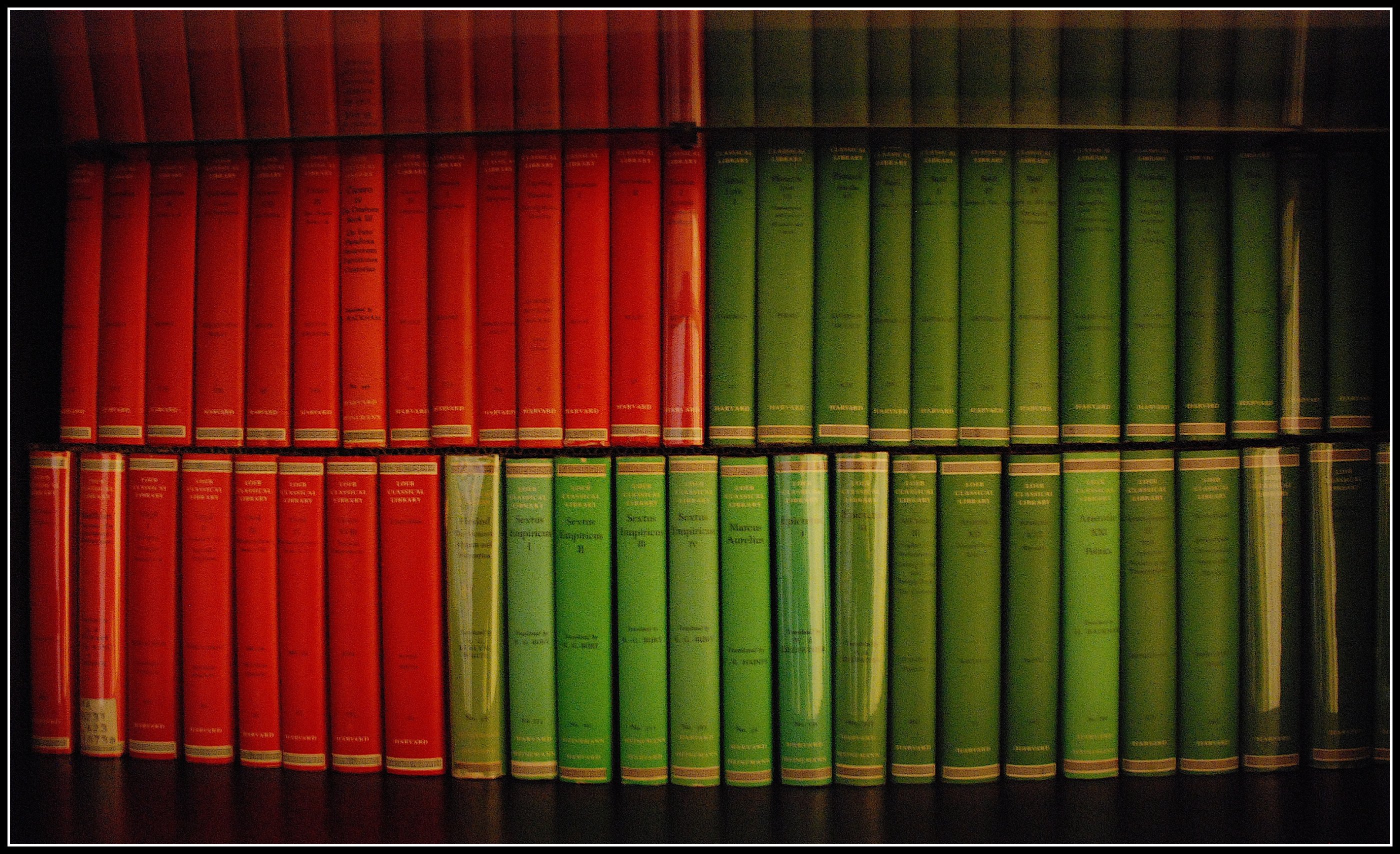BBC History Podcast:
Ben Macintyre delves into the life of double agent Kim Philby, while Thomas Dixon explains how the meaning of friendship has changed over the centuries
**************************************************************************
What is the American Historical Association
reading this week?
Today’s What We’re Reading features a
recently discovered 1,600 year old basilica in İznik Lake,
tracing the history of the rise of US tuition, a
call for “rational discussion” about open access,
why library lovers are less lonely, and much more!
********************************************************************
The Sound of Stonehenge!
Leonard Lopate interviewed Jon Wozencroft, a sound specialist regarding lithophonic stones or stones that make noises:
Listen to the interview below!
They mention another example of ringing rocks found in Pennsylvania:
***********************************************************************
Here is a history-related funny:

********************************************************************
A video lecture from Prof. Andrew Wallace-Hadrill on Herculaneum:
Professor Andrew Wallace-Hadrill, Professor of Roman Studies at the University of Cambridge, gave the fourth lecture in the research seminar series Pompeii: The Present and Future of Vesuvian Research with a paper entitled ‘Herculaneum: Can we save the sites?’
Professor Wallace-Hadrill is the director of the Herculaneum Conservation Project and former director of the British School at Rome.








































